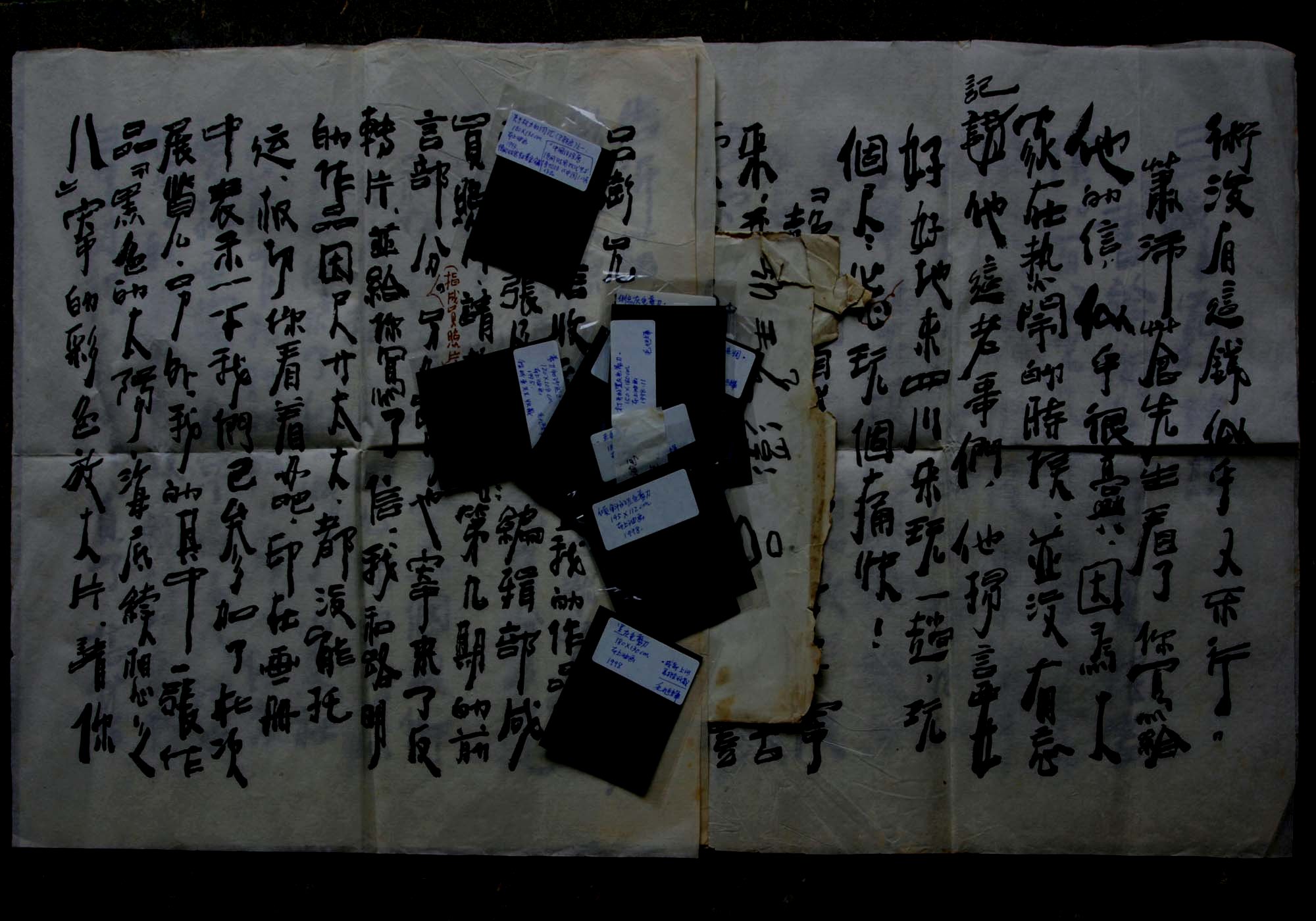Wu Liang 2009-03-04
Shanghai Writers Association,
Shanghai
Biography:
Wu Liang (b. 1955, Shanghai) is an art and literary critic, and Chief Editor of Shanghai Culture (Shanghai wenhua).
In the 1980s, Wu was well known in literary circles for his biting commentary. In the 1990s, as he became increasingly drawn to art and artists, Wu turned his commentary towards the visual arts. Recently, he has resumed his interest in literature and cultural studies.
Some of his notable publications include Literature Selections (Wenxue de xuanze) (1985), Conversations between the Artist and a Friend (Yige yishujia yu youren de tanhua) (1987), Discovering Criticism (Piping de faxian) (1988), Autumn Monologue (Qiutian de dubai) (1988), Notes of a City (Chengshi biji) (1990) and The Past and the Dream (Wangshi yu mengxiang) (1991).


















